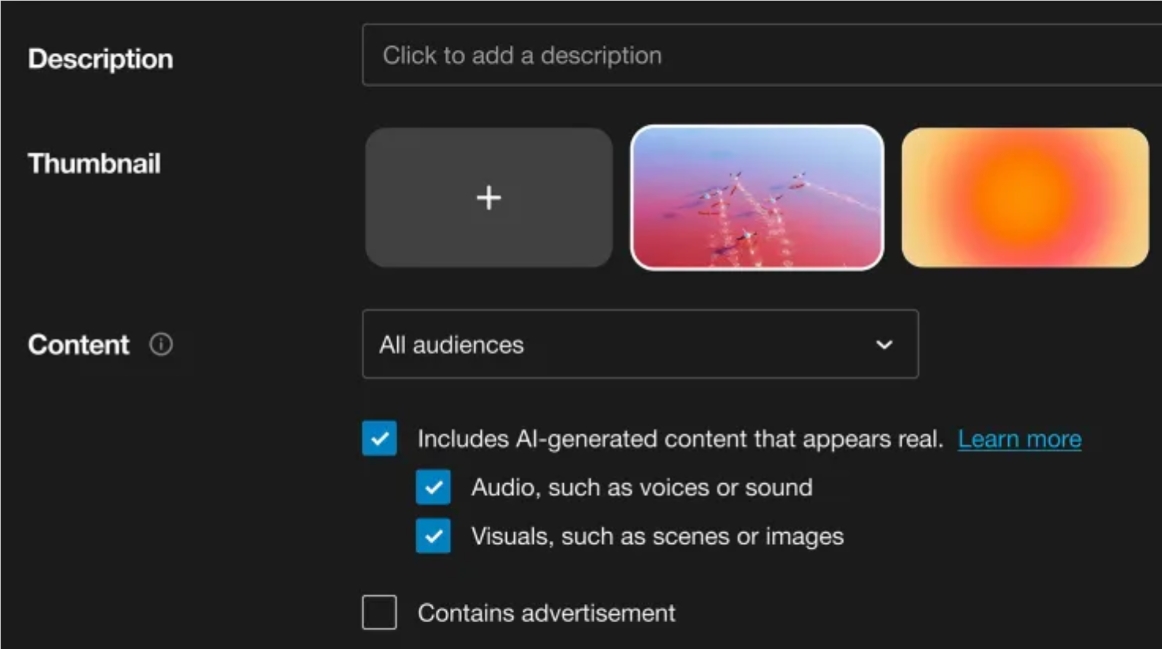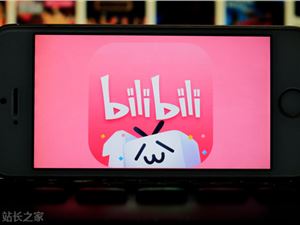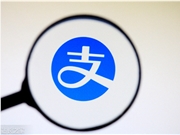Vimeo has just announced a major update, joining YouTube and TikTok, and is now requiring creators to explicitly label AI-generated content. This new regulation means that all video content that appears realistic must disclose its source if it was created or modified by AI, ensuring transparency with the audience.
As AI technology advances, distinguishing between real and fake video content is becoming increasingly difficult. Vimeo's new policy aims to prevent viewers from being misled and mistaking synthesized video content for actual events. This rule particularly targets videos that appear to depict real people, places, or events, and does not apply to content that is clearly animated or uses AI for minor production assistance.

Vimeo also specifically mentions that videos using AI tools provided by the platform, such as tools to eliminate long pauses and interruptions in speeches, also need to be labeled with AI content tags. Currently, Vimeo relies on creators to voluntarily label their AI content. When uploading or editing videos, creators can check a box to declare the use of AI, indicating whether it is used for audio, visual effects, or both.
Although it is currently manual, Vimeo is developing an automated system to detect AI content and automatically apply tags. Philip Moyer, the company's CEO, stated in an official blog that their long-term goal is to develop an automated tagging system that can reliably detect AI content, to enhance transparency and ease the burden on creators.
Moyer, who joined Vimeo in April of this year, has already made it clear where the company stands on AI. He informed users that Vimeo is taking steps to protect user-generated content from being misused by AI companies, such as prohibiting the training of generative AI models on videos hosted on the platform. This is similar to the stance of Neal Mohan at YouTube, who explicitly stated that using YouTube videos to train models, including OpenAI's Sora, is a violation of service terms.
Vimeo's measures reinforce their commitment to content authenticity, providing clearer guidance for creators and viewers as they navigate the increasingly AI-dominated digital world.








